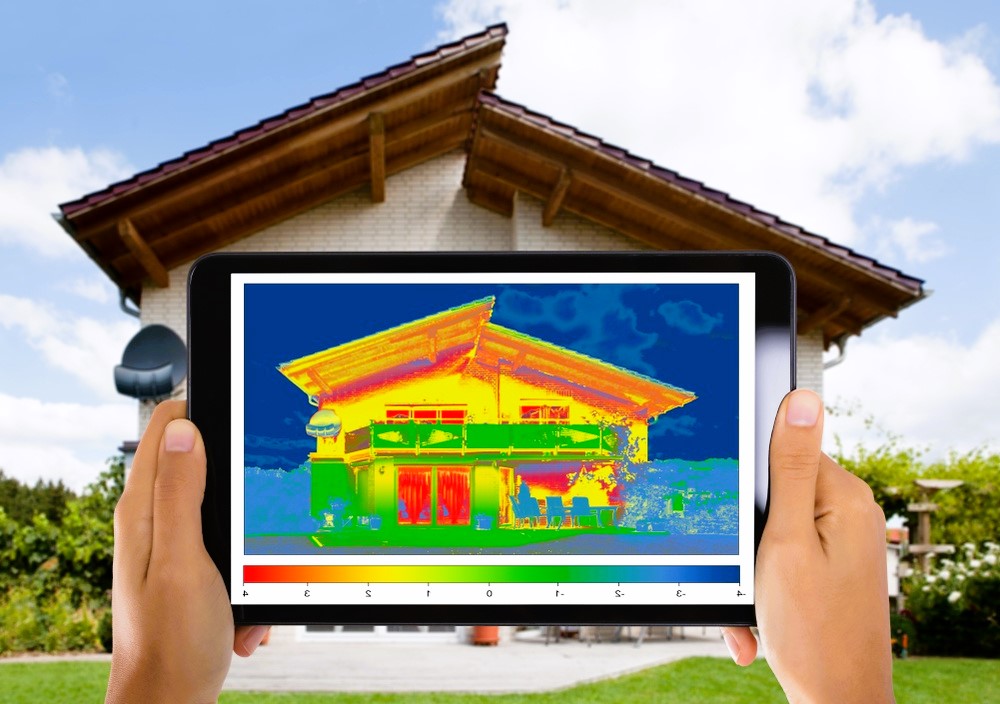When the winter season arrives, keeping our homes warm and cozy becomes a top priority. However, heating costs can quickly eat into our budgets. The good news is that there are effective strategies and practices that can help us conserve heat and save money on home heating. In this article, we will explore the economics of heat conservation and provide practical tips to help you achieve significant cost savings without compromising comfort.
- Upgrade Your Insulation
One of the most important factors in heat conservation is proper insulation. Insulation acts as a barrier, preventing heat from escaping through the walls, roof, and floors. If your home is not adequately insulated, a significant amount of heat can be lost, leading to higher energy consumption and increased heating costs. Consider upgrading your insulation by adding insulation materials such as fiberglass, cellulose, or spray foam. Insulating your home effectively reduces heat loss and translates into long-term savings on your heating bills.
- Seal Air Leaks
Air leaks are another common culprit for heat loss and increased energy usage. Gaps around windows, doors, vents, and pipes allow cold air to enter and warm air to escape. Seal these leaks using weatherstripping, caulking, or foam sealants. By sealing air leaks, you can maintain a more stable indoor temperature, reduce the workload on your heating system, and ultimately save money on heating costs.
- Install a Programmable Thermostat
A programmable thermostat allows you to set different temperature levels for different times of the day. By programming your thermostat to lower the temperature when you’re away or asleep and raising it when you’re at home, you can save on heating costs without sacrificing comfort. According to the U.S. Department of Energy, properly using a programmable thermostat can save you up to 10% on your heating bills annually.
- Use Energy-Efficient Heating Systems
If your heating system is old and inefficient, it may be time to consider upgrading to a more energy-efficient option. High-efficiency furnaces, boilers, and heat pumps consume less energy while providing the same level of heat. Although the upfront cost of upgrading may be higher, the long-term savings on your heating bills can make it a worthwhile investment.
- Embrace Zone Heating
Zone heating allows you to heat specific areas of your home rather than heating the entire house. By dividing your home into different zones and controlling the heating independently in each zone, you can save energy and reduce heating costs. For example, you can lower the temperature in unoccupied rooms or use space heaters to supplement the heat in frequently used areas. Zone heating provides flexibility and can result in substantial savings. Like the article? Read also about the transition to energy efficient windows.
- Practice Energy-Saving Habits
Small changes in your daily habits can add up to significant savings on heating costs. Here are some energy-saving practices you can adopt:

- Close curtains and blinds at night to prevent heat loss through windows.
- Use natural sunlight to your advantage by opening curtains during the day to allow sunlight to warm your home.
- Dress warmly and use blankets to stay cozy, allowing you to lower the thermostat temperature.
- Close doors to rooms that are not in use to prevent heat from escaping into unused spaces.
- Regularly clean or replace air filters in your heating system to maintain optimal efficiency.
- Use exhaust fans sparingly as they can remove warm air from your home.
- Keep heat registers and vents clear of furniture or obstructions for better heat distribution.
- Take Advantage of Heat from Cooking and Appliances
When you’re cooking or using certain appliances, such as ovens or clothes dryers, the heat they generate can help warm your home. After you’re done using these appliances, leave the oven door open or allow the heat to circulate naturally. This way, you can make use of the excess heat and reduce the workload on your heating system.
- Consider Renewable Energy Sources
Exploring renewable energy sources for heating, such as solar panels or geothermal systems, can offer long-term cost savings. While the initial installation costs may be higher, these systems utilize natural resources to generate heat, reducing reliance on traditional heating methods and lowering utility bills over time.
Conclusion
By implementing the right strategies and making smart choices, you can achieve significant savings on home heating costs while maintaining a comfortable living environment. From upgrading insulation and sealing air leaks to using programmable thermostats, energy-efficient heating systems, and embracing energy-saving habits, the economics of heat conservation can work in your favor. Remember, even small changes can make a big difference, both for your wallet and the environment. So, take proactive steps to save money, conserve heat, and enjoy a warm and cozy home during the winter months.

